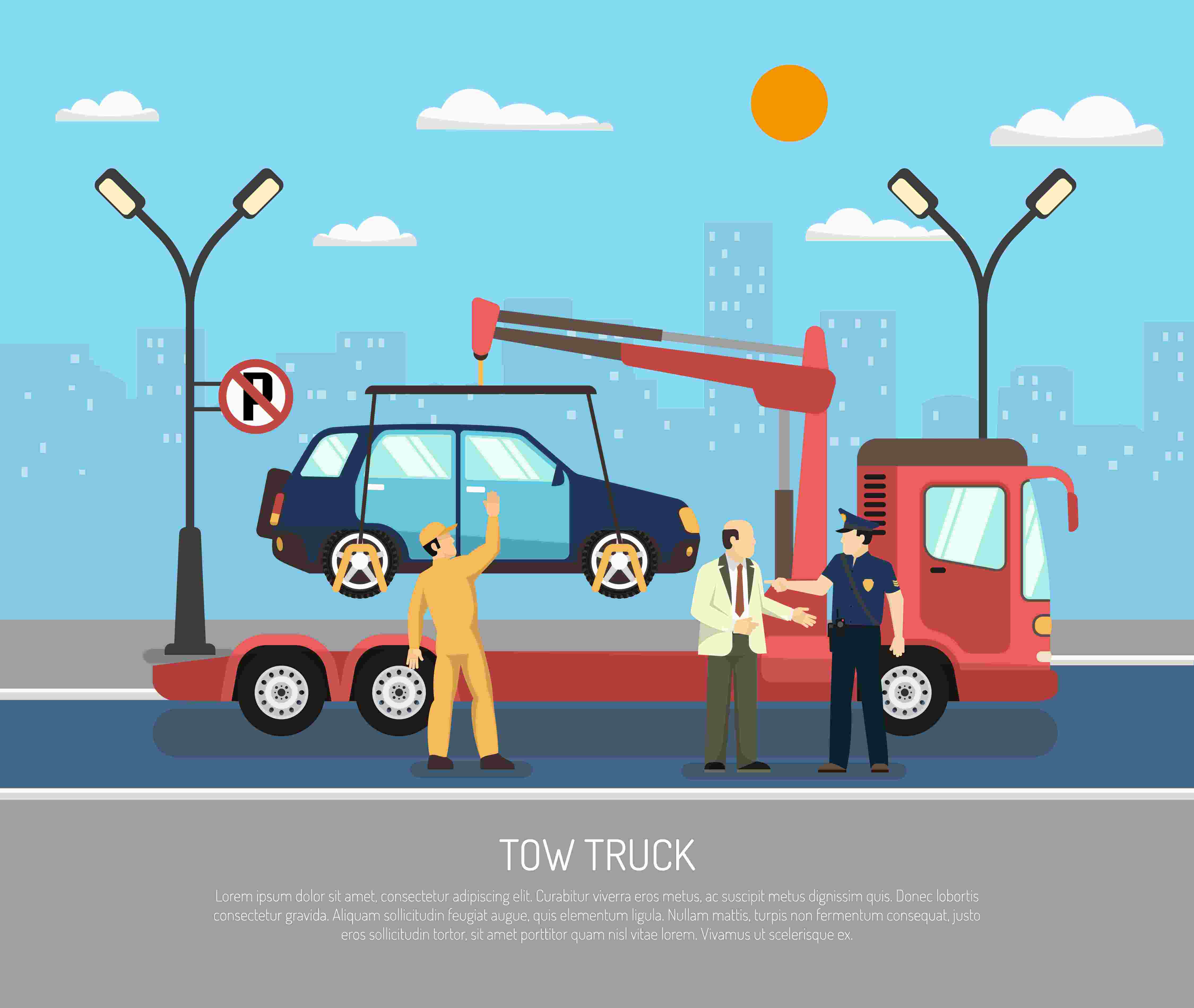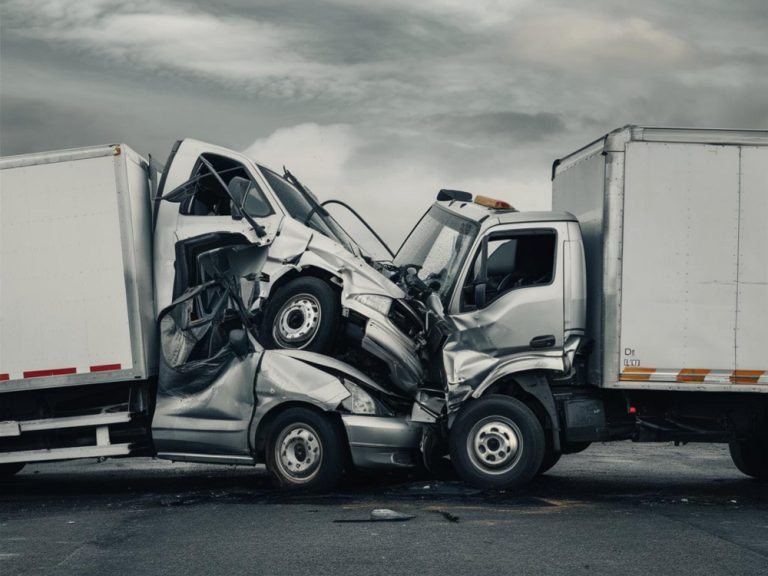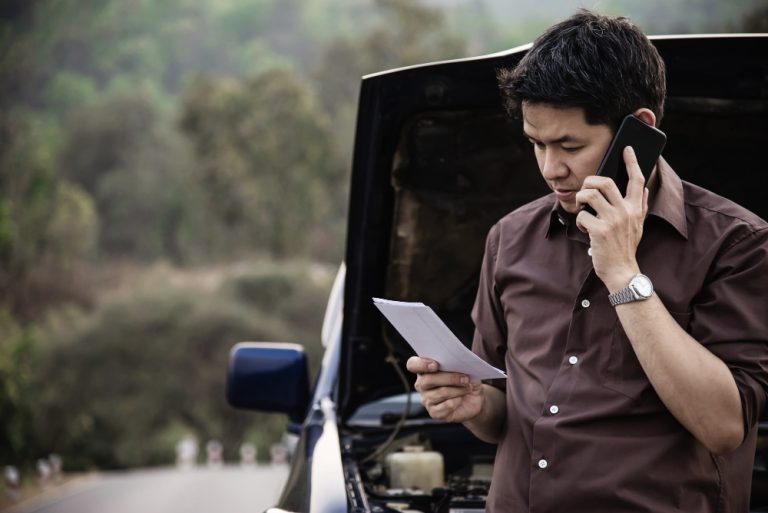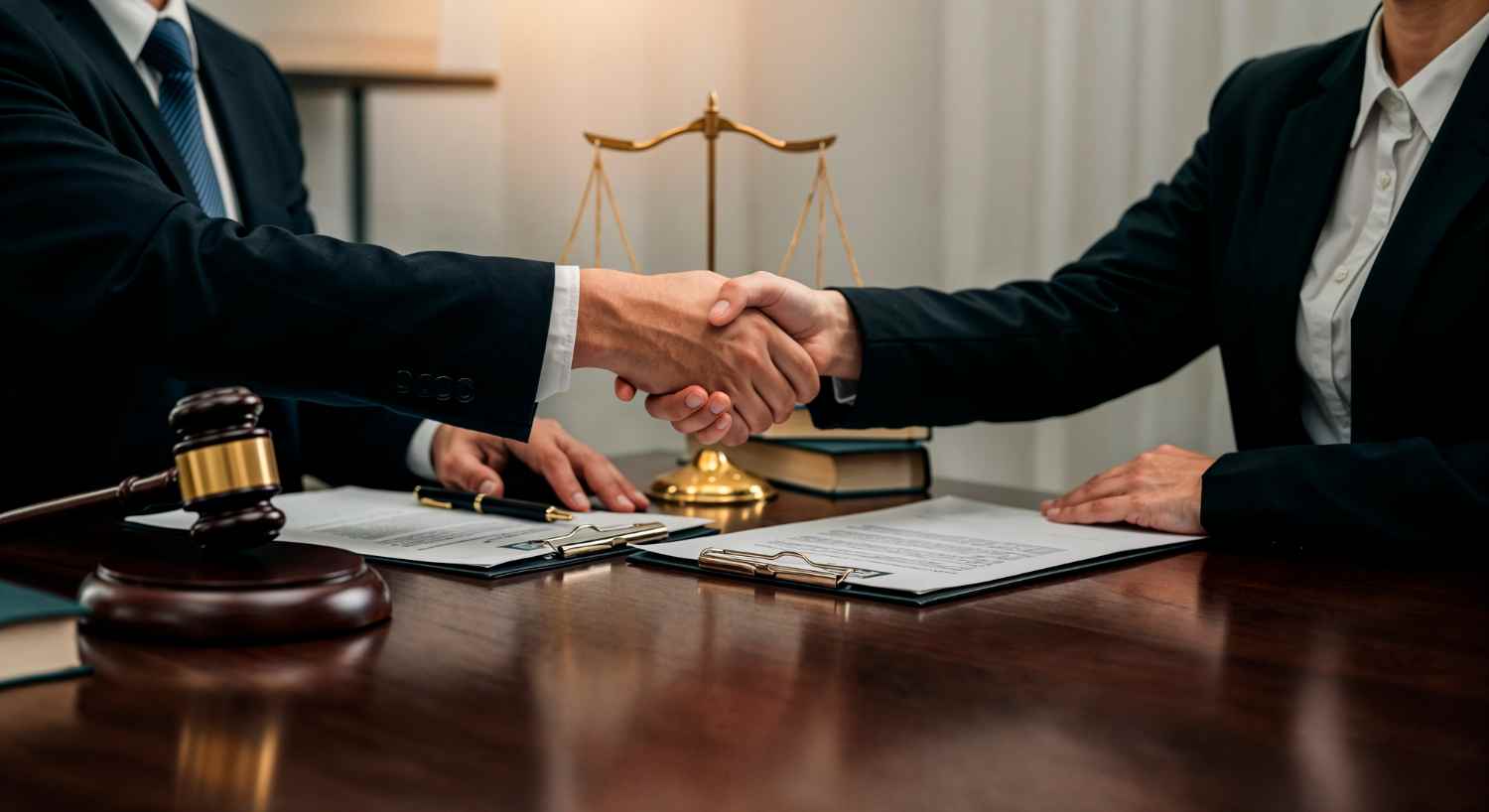Step 1: The Free Consultation
Every case starts with a personal conversation. When you reach out, we ask questions about:
- How the accident occurred
- What injuries you sustained
- Whether the police report identifies the truck or driver
- What medical treatment you have received so far
Even small details, such as the truck’s logo, direction, or nearby businesses, can become powerful evidence. We also review your Illinois statute of limitations (735 ILCS 5/13-202) to ensure your filing window is protected from the start. Learn more about key time limits in Understanding Illinois Truck Accident Laws.
Step 2: Investigation and Evidence Collection
After you hire us, we immediately begin an independent investigation. Trucking companies often deploy their own teams quickly, so timing is critical. We collect and preserve evidence including:
- Black box (ECM) data from the truck
- Driver logs and route data for Hours-of-Service compliance
- Maintenance and inspection reports
- Dashcam and surveillance footage
- Witness statements and accident scene photos
- Official police report (Illinois Traffic Crash Report)
We also send a spoliation letter to the trucking company to legally require preservation of evidence. Read more about this process in What Does a Truck Accident Lawyer Do?.
Step 3: Determining Liability
Truck accident liability is often complex. Multiple parties may share responsibility, including:
- The truck driver for fatigue, distraction, or DUI
- The trucking company for negligent hiring or unsafe scheduling
- The cargo loader for improperly secured freight
- The manufacturer for mechanical failure or defective brakes
- The maintenance contractor for skipped inspections
Illinois follows a comparative negligence rule (735 ILCS 5/2-1116), so your compensation may be reduced if you share some fault, but only if your fault is less than 50%. Learn more about fault rules in Who Is Liable in a Truck Accident?.
Step 4: Managing Insurance Communication
Once liability is established, we take over all communication with insurers, including:
- The trucking company’s commercial carrier
- The cargo owner’s insurer
- Your personal vehicle insurer, if applicable
Our goal is to protect you from pressure and prevent insurers from twisting your words. No statements, signatures, or negotiations occur without our review. We ensure settlement offers reflect the true value of your losses. See how damages are calculated in How Is Compensation Determined After a Semi-Truck Wreck?.
Step 5: Medical Documentation and Ongoing Care
Medical documentation is central to your claim. We work closely with your doctors, therapists, and specialists to track:
- Diagnosis and treatment history
- Prognosis and long-term care needs
- Future surgeries, rehabilitation, or assistive devices
- Psychological impact such as PTSD, anxiety, or depression
Every visit, prescription, and report strengthens your case. We also help ensure you continue receiving care even if settlement funds are pending. Learn more about common truck accident injuries in What To Do After a Truck Accident in Chicago.
Step 6: Settlement Demand and Negotiation
After reaching maximum medical improvement or a stable condition, we prepare a demand package including:
- Detailed medical records
- Economic loss calculations
- Expert opinions such as life care planners and vocational analysts
- Liability evidence and accident reconstruction data
This package is sent to the insurance company with a formal settlement demand, and negotiations begin. We fight to secure every dollar you deserve. If a fair settlement is not reached, we proceed to litigation.
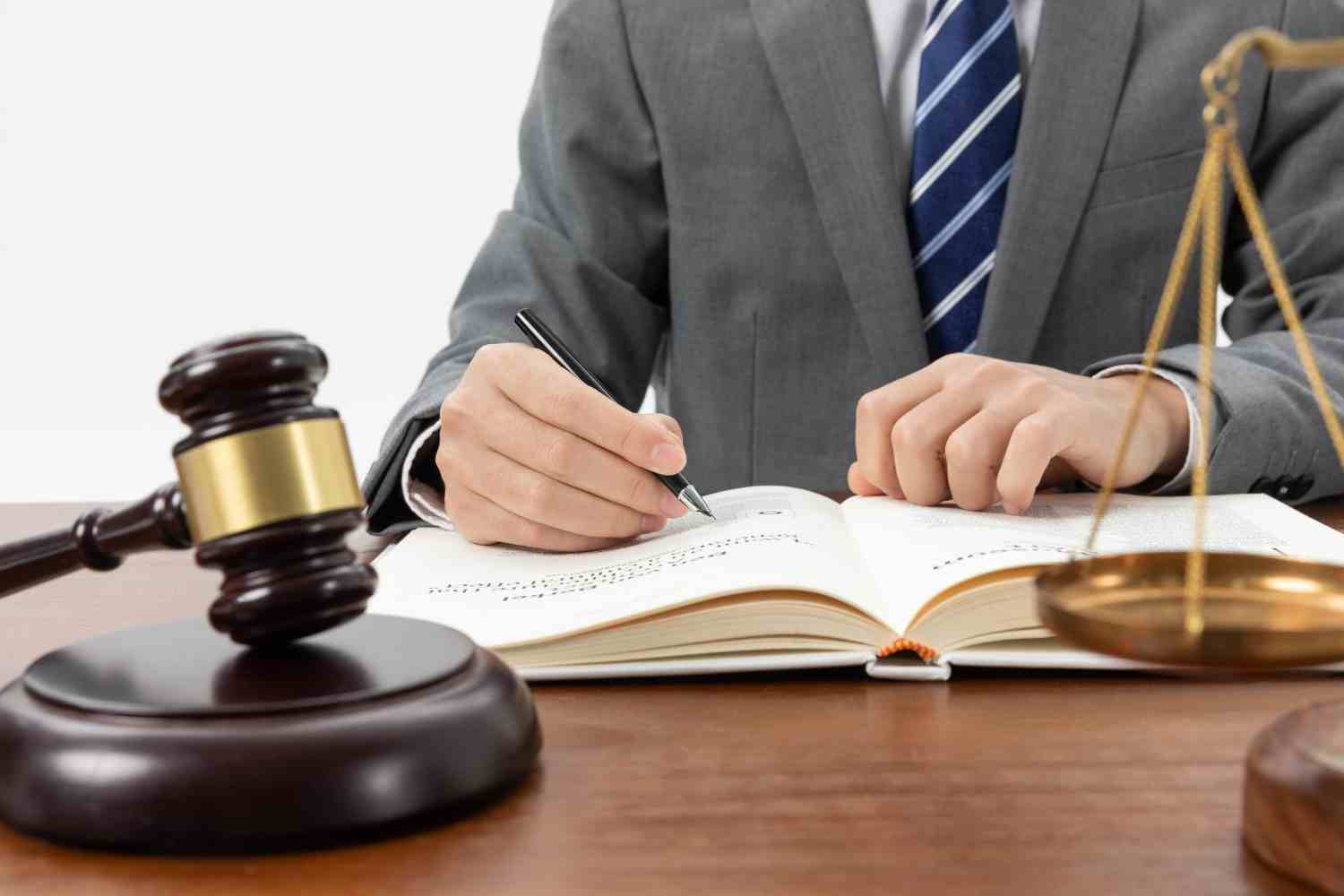
Step 7: Filing the Lawsuit
If the insurance company refuses to act in good faith, we file a lawsuit in Cook County Circuit Court or the county where the crash occurred. Filing stops the statute of limitations and moves the claim into formal litigation. Most cases still settle during this stage once the defense sees the evidence.
Step 8: Discovery Phase
During discovery, both sides exchange evidence and question witnesses under oath. We take depositions of:
- The truck driver
- Safety directors from the trucking company
- Eyewitnesses
- Law enforcement officers
- Accident reconstruction experts
Discovery often reveals crucial details, such as falsified logbooks or maintenance shortcuts, which can tip a case in our favor.
Step 9: Mediation and Settlement Conferences
Before trial, both sides usually meet for mediation, a structured negotiation led by a neutral third party. We represent you directly, present evidence, and push for a fair settlement. If the defense will not meet a reasonable figure, we proceed to trial.
Step 10: Trial and Verdict
At trial, we present your story using evidence, expert testimony, and witness accounts. We demonstrate how the trucking company’s negligence caused your suffering and losses. Trials can result in significant verdicts, especially when evidence shows gross negligence. Standing firm often delivers the justice and compensation you deserve.
Step 11: Post-Settlement Support
After your case concludes, we assist with:
- Resolving liens with medical providers
- Disbursing settlement funds
- Addressing tax or financial questions
- Protecting future benefits, such as structured payments
Our goal is to ensure you leave the process confident, informed, and financially secure.
How Long Does the Process Take?
Every case is unique, but the general timeline is:
- Investigation and medical recovery: 2 to 6 months
- Negotiation and demand: 1 to 3 months
- Litigation and discovery: 6 to 12 months
- Trial (if necessary): up to 18 months total
Simple cases may resolve quickly, while complex cases involving multiple parties or federal trucking violations take longer. We keep you updated every step of the way.
Why Legal Guidance Matters
Truck accident claims involve state, federal, and local law, and trucking companies often have teams of lawyers working to minimize liability. Having a Chicago attorney who knows how to navigate the process, manage evidence, and fight for fair value can change everything. From consultation to verdict, we stand by you to ensure no insurer, corporation, or defense team can silence your claim for justice.

